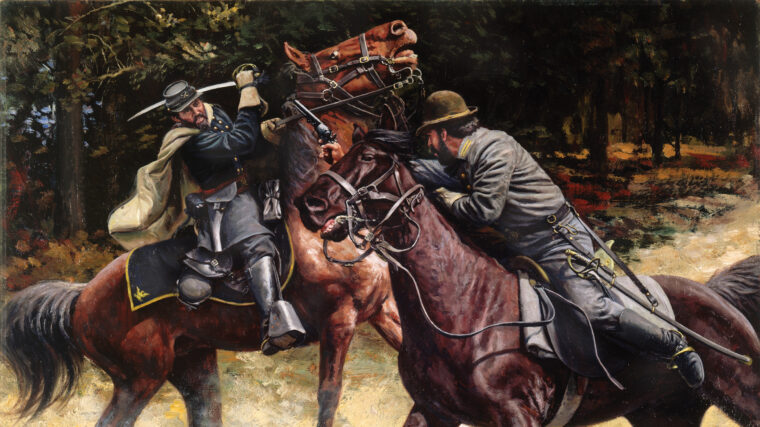
Civil War
Lee’s October ’63 Move on Meade
By Robert SuhrIn early October 1863, three months after the setback at Gettysburg, three months after Maj. Gen. J.E.B. Stuart was rebuked by his esteemed superior Robert E. Read more
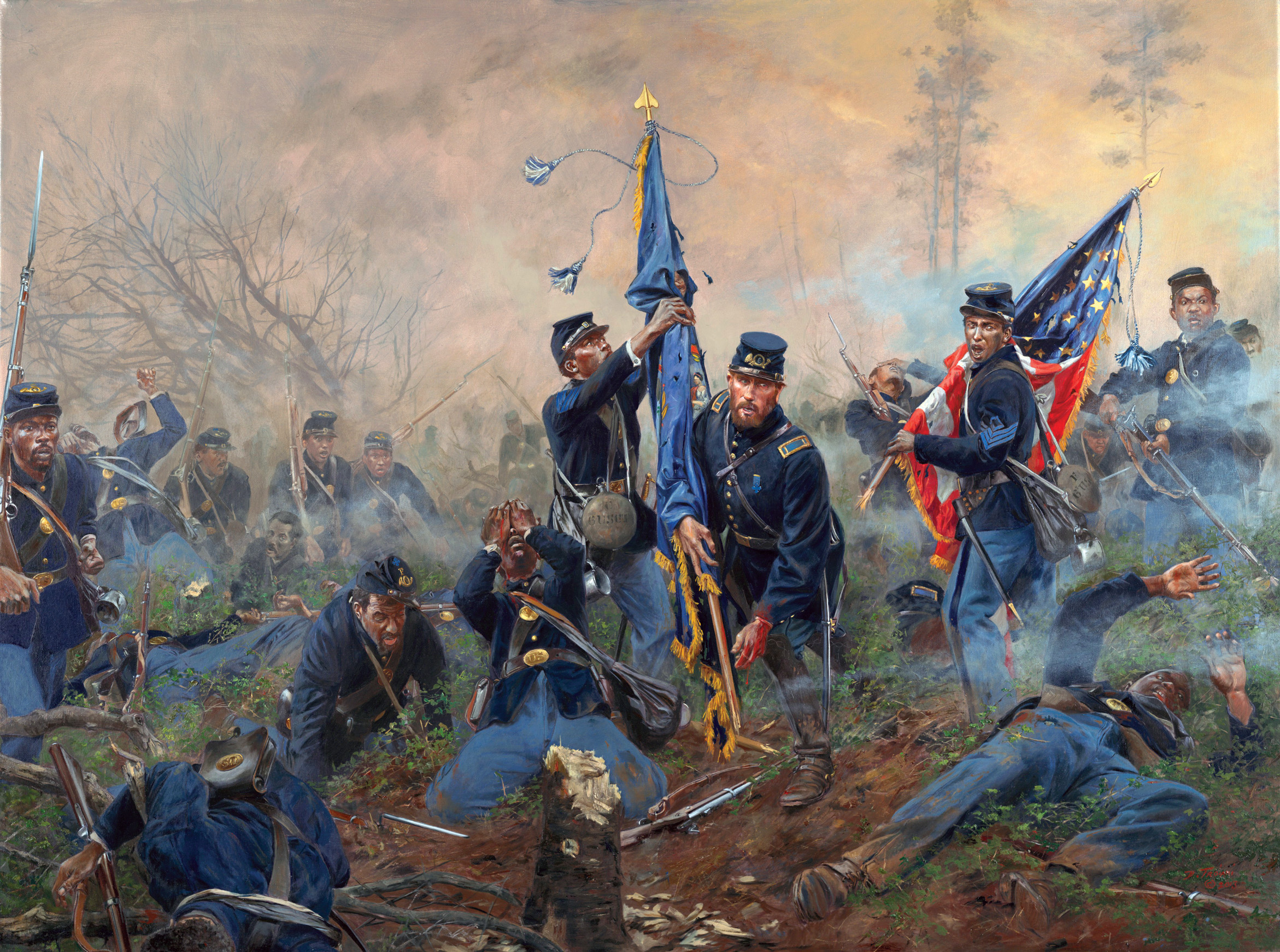

Civil War
In early October 1863, three months after the setback at Gettysburg, three months after Maj. Gen. J.E.B. Stuart was rebuked by his esteemed superior Robert E. Read more
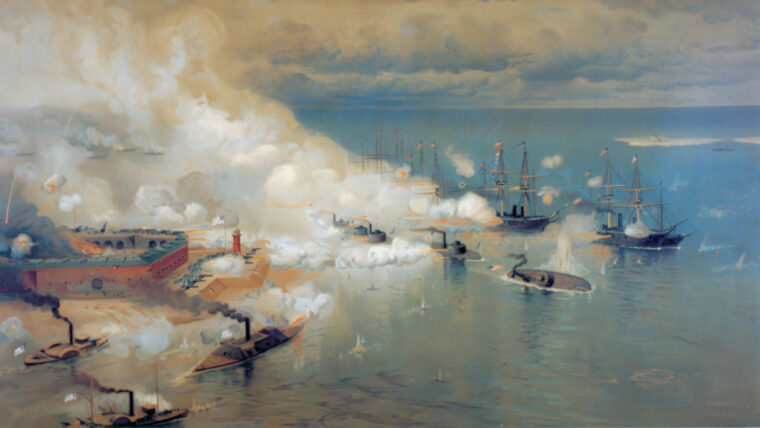
Civil War
Editor’s note: Noted military writer Bud Feuer especially enjoys discovering first-person accounts and diaries. He found the following in “a junk shop” written in pencil on brown wrapping paper. Read more
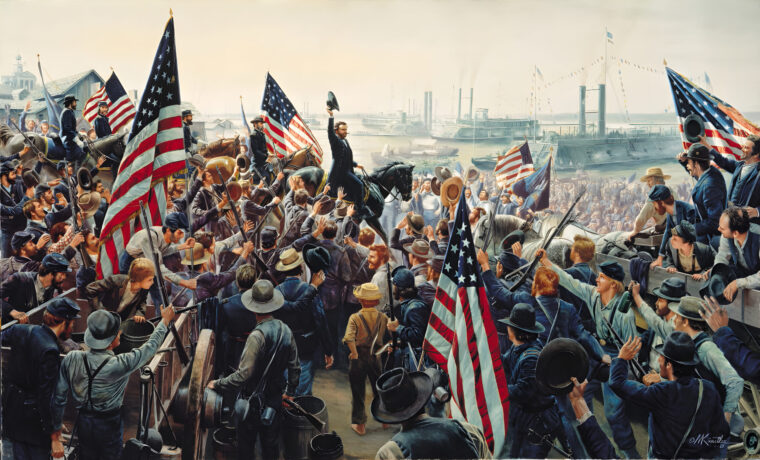
Civil War
Big battles make the history books. But for the soldiers, it was often the smaller, fiercer fights they remembered most keenly later in their lives. Read more
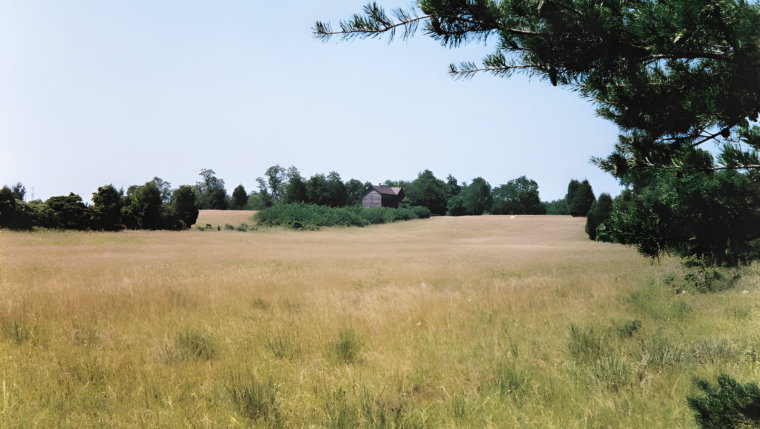
Civil War
As the bright red sun was slowly setting over their shoulders on the balmy evening of August 28, 1862, Union troops marching east along the Warrenton Turnpike knew nothing of what awaited them. Read more
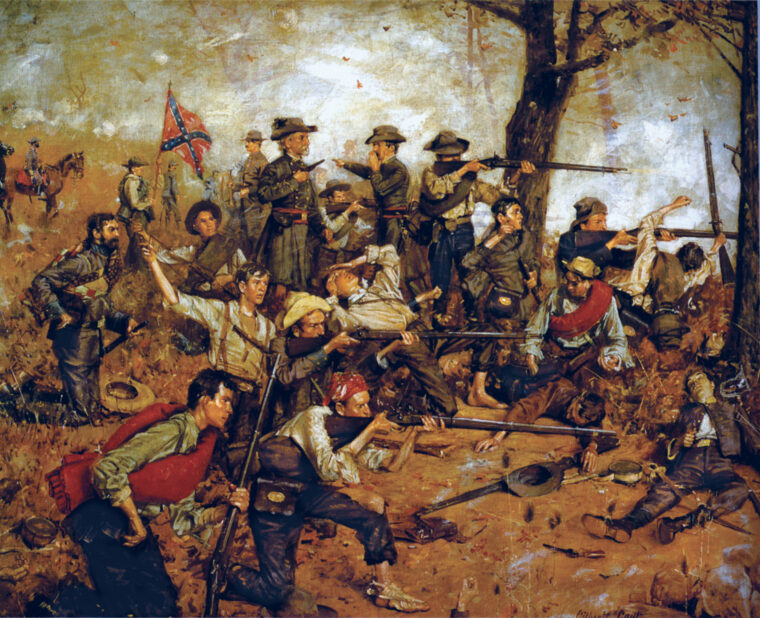
Civil War
When the Civil War started in 1861, there were only two officers in the Union Army who had commanded a force in battle larger than a brigade. Read more
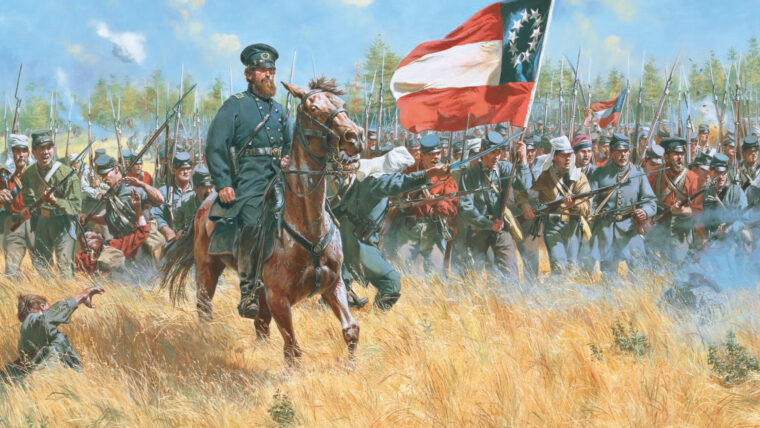
Civil War
On March 4, 1861, with war clouds threatening the land, Abraham Lincoln was inaugurated the 16th president of the United States. Read more
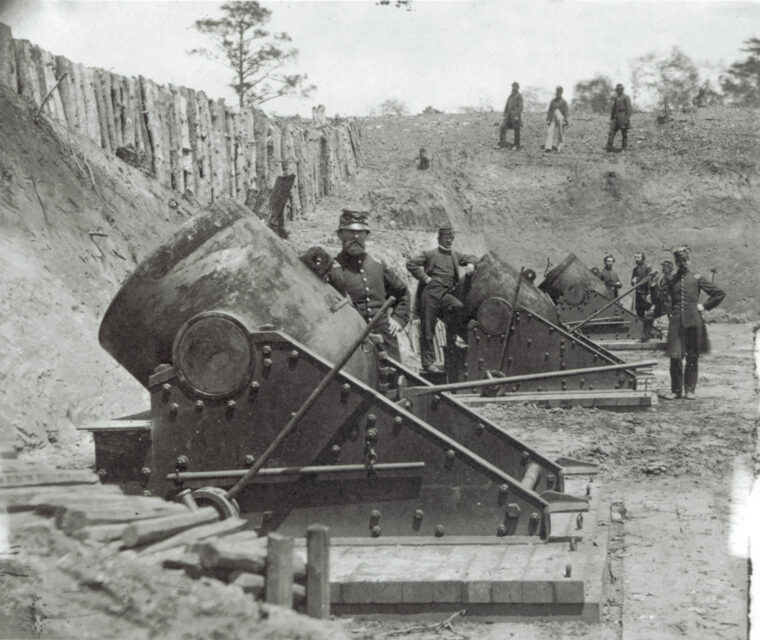
Civil War
For much of its history, artillery has been a weapon of mass destruction and attrition, a force designed to cause casualties, destroy fortifications, and wear an enemy down with its noise, explosions, and shrapnel. Read more
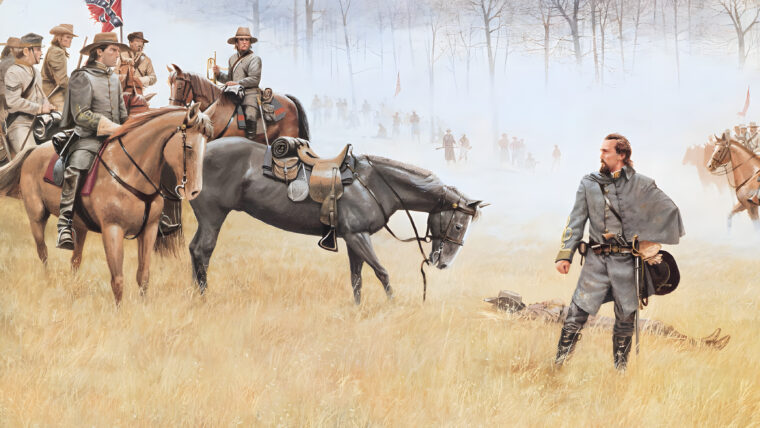
Civil War
By Edward Holub and John Marchetti
“For God’s sake, if Mr. Forrest will let me alone, I will let him alone. Read more
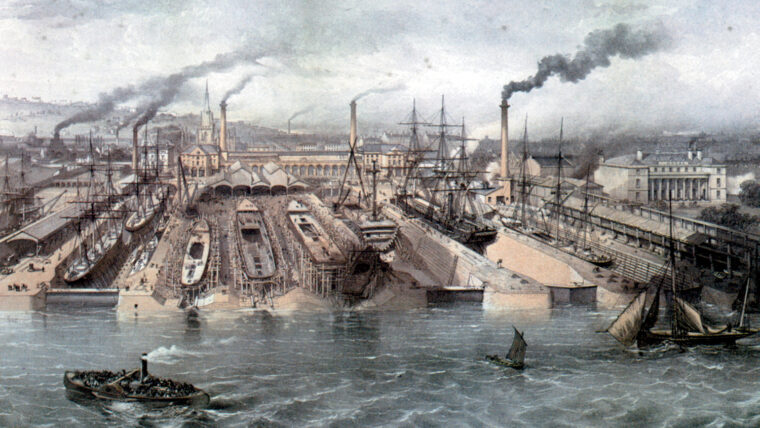
Civil War
Although Confederate commander James D. Bulloch had a well-rounded naval background, he also proved skillful as a secret agent. Read more
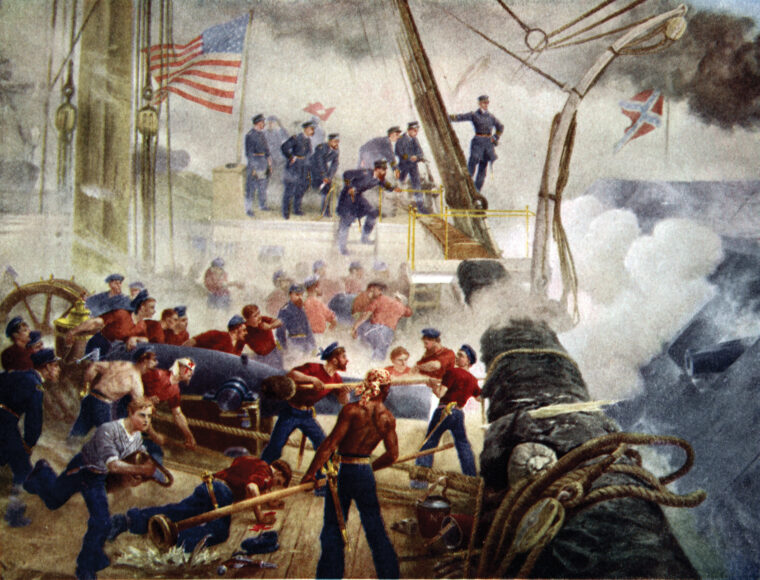
Civil War
On the night of August 4, 1864, in the cabin of his flagship the USS Hartford, Admiral Farragut read his Bible, arriving at ultimate assurance that God was on his side. Read more
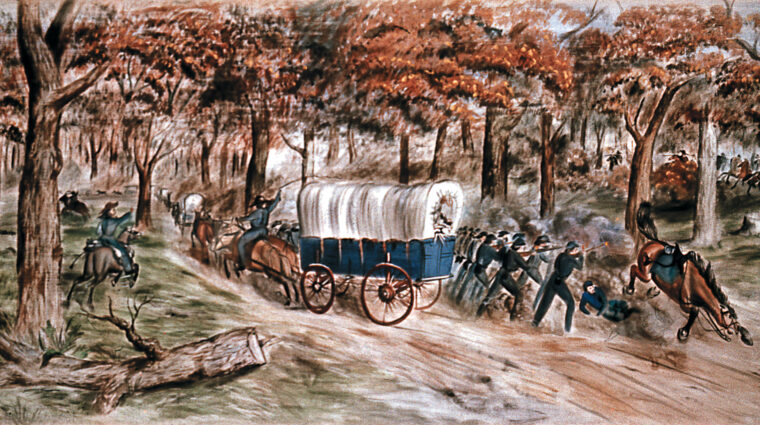
Civil War
During the evening of September 20,1863, the following message reached Washington and was given to the president of the United States: “We have met with a serious disaster; extent not yet ascertained. Read more
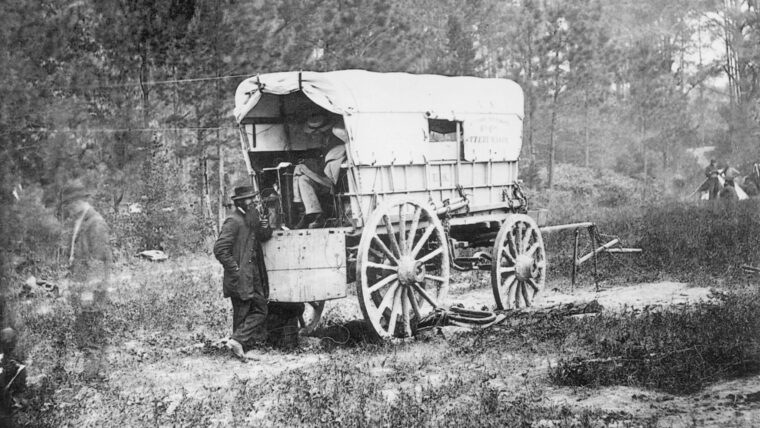
Civil War
Early in the American Civil War, during the first months of 1862, Union General Henry Halleck, commanding from his headquarters in St. Read more
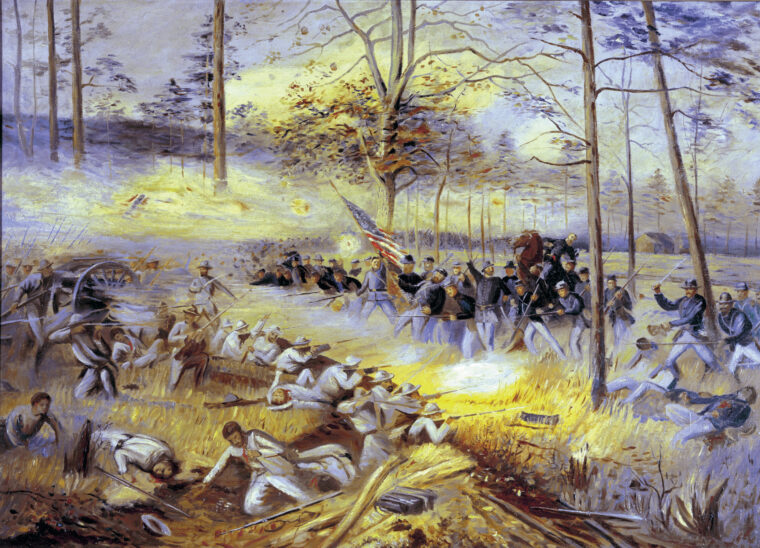
Civil War
It had been a little over six months since Major General William S. Rosecrans and his Army of the Cumberland had checked the Confederates at the Battle of Stones River (December 31,1862–January 2,1863). Read more
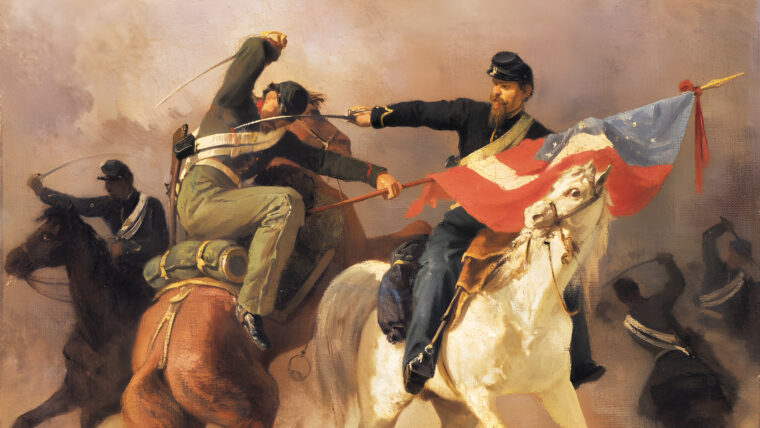
Civil War
During the Civil War western Virginia was crucial to the Union. The region that lay west of the Shenandoah Valley and north of the Kanawha River held nearly a quarter of Virginia’s nonslave population when the war began in 1861. Read more
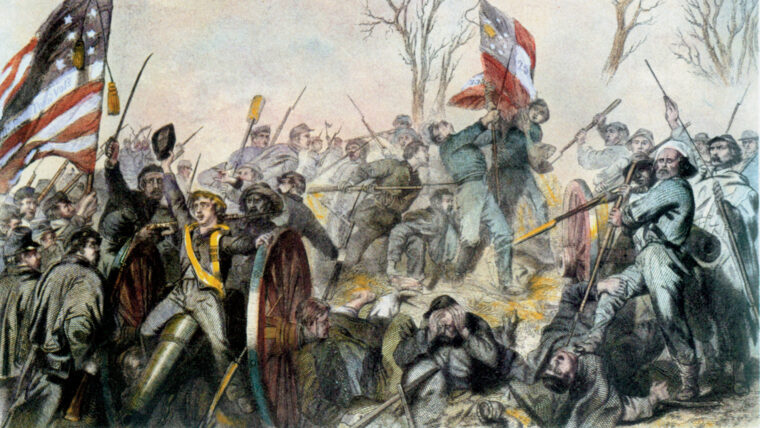
Civil War
Late in the morning of January 2, 1863, Confederate Maj. Gen. John Breckinridge gazed through the brush at newly arrived Union infantry occupying a partially wooded hill to his front near Murfreesboro, Tenn. Read more
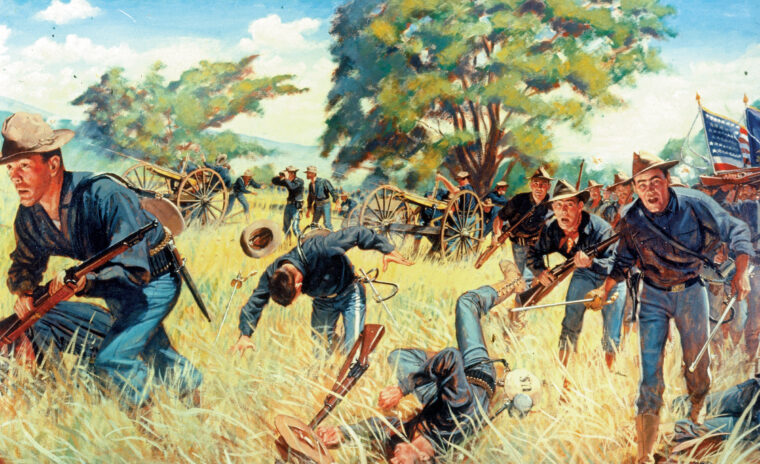
Civil War
Richard Gatling was born in Hertford County, NC, on December 12, 1818. His father was a prosperous farmer and inventor, and the son was destined to inherit the “invention bug.” Read more
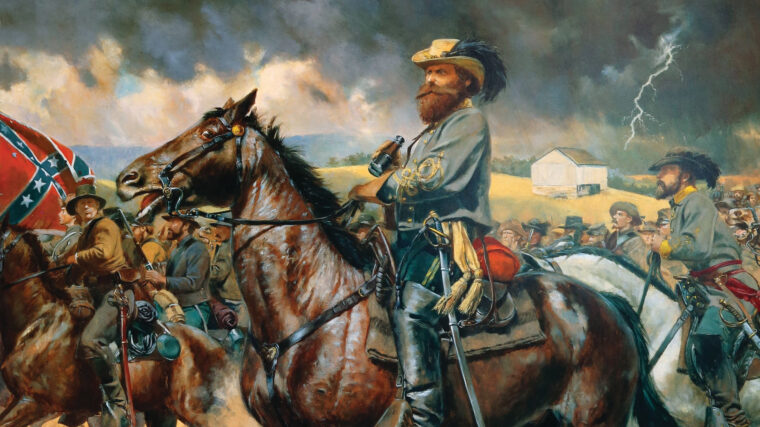
Civil War
Late in the evening of July 3, 1863, Major General James Ewell Brown “Jeb” Stuart was summoned to the headquarters of Robert E. Read more
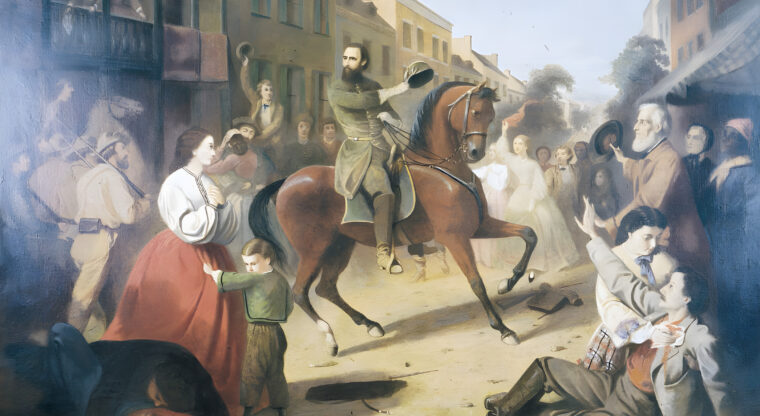
Civil War
Arguably the most celebrated campaign feat of arms of the American Civil War is that of Stonewall Jackson in the Shenandoah Valley in May and early June 1862. Read more
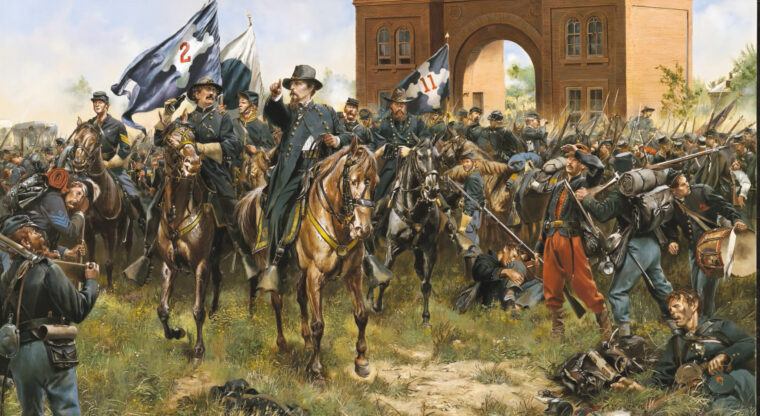
Civil War
On East Cemetery Hill at Gettysburg National Military Park, an equestrian statue of Maj. Gen. Winfield Scott Hancock stands facing west toward the Evergreen Cemetery gatehouse. Read more
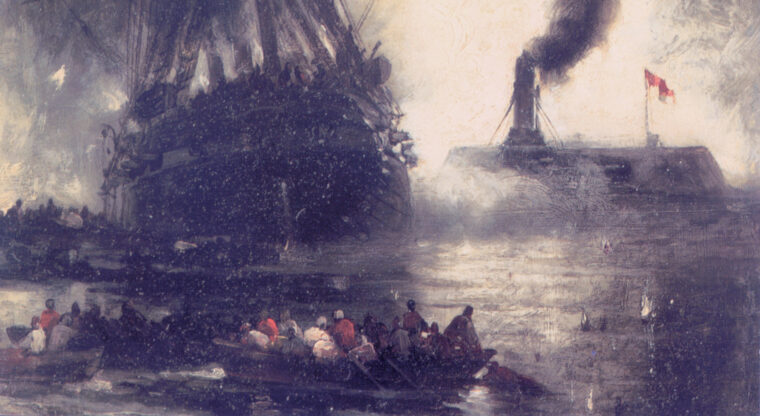
Civil War
The epic battle between the Virginia (Merrimack) and Monitor might never have taken place because, as strange as it may seem, the Confederates did not have enough experienced men to man their ship. Read more